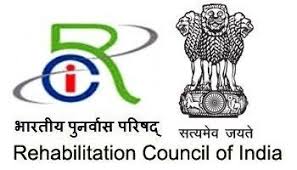An Ernst & Young (EY) office in Pune, India, has come under investigation following the tragic death of a 26-year-old employee, Anna Sebastian Perayil, allegedly due to excessive work pressure. A government official revealed that the office, which has been operational since 2007, lacked the required state permit to regulate working hours under the Maharashtra Shops and Establishments Act.
Perayil’s mother, Anita Augustine, accused EY of subjecting her daughter to a “backbreaking” workload in a letter addressed to the chairman of EY India, sparking national concern. Her letter, which went viral on social media, described how Perayil worked long hours, even on weekends, leaving her no time to recover. The family has since claimed that she died of cardiac arrest.

The incident has raised questions about employee welfare, especially in high-pressure industries. A federal investigation has been launched, with authorities highlighting that the company failed to apply for mandatory registration since it began operations in Pune in 2007. The application was only submitted in February 2024 and subsequently rejected due to the long delay in compliance.
Under the Maharashtra Shops and Establishments Act, adult employees are restricted to nine hours of work per day and 48 hours per week. Violations that result in serious injury or death could lead to fines of up to ₹500,000 ($5,979) or imprisonment for up to six months.
The case has drawn parallels to other high-profile incidents of employee burnout in the corporate world, including the death of a junior banker at Bank of America and new measures taken by JPMorgan to protect employee well-being. These incidents have reignited discussions around the need for better employee protection against the mental and physical toll of high-stress jobs.
EY India has yet to respond to the latest developments publicly but previously stated that it takes employee well-being very seriously and is treating the family’s concerns with “the utmost seriousness and humility.
Authorities have requested detailed records from EY, including work hour logs and welfare policies, as part of the ongoing investigation.




